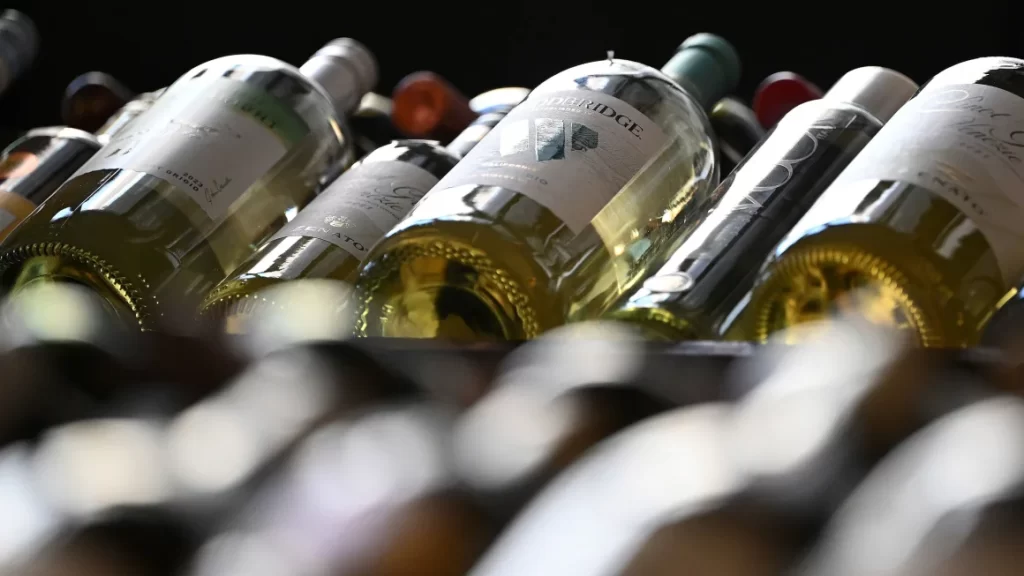Last week, President Trump threatened to impose a hefty 200% tariff on all wine, Champagne, and other alcoholic products from the European Union, stating on social media: “This will be great for the Wine and Champagne businesses in the U.S.”
However, many winemakers and grape growers in California, which accounts for the majority of U.S. wine production, view this proposal with a sense of unease. While some are cautiously optimistic that the tariffs could stimulate interest in California-made wines, others are concerned that the tariffs could destabilize an already fragile industry grappling with declining demand and crop damage from recent wildfires and droughts in the state.
“Even though we’re a farming family business, there’s a global connection,” said John Williams, the founder of Frog’s Leap, a winery in California’s Napa Valley. “This is not good for our industry in general.”
Alcoholic beverages are among the EU’s top exports to the United States, according to EU data. Tariffs would almost certainly increase the cost of European wine and other alcoholic beverages for the average American consumer, whether ordering wine at a restaurant or purchasing it from a local liquor store.
Trump’s 200% tariff proposal marks another escalation in the growing trade dispute between the U.S. and the EU. Trump has also imposed a 25% tariff on all steel and aluminum imports, including those from the EU. In response, the EU has announced countermeasures, including a 50% tariff on American whiskey, set to take effect in April.
Williams, who has been in the wine business for 45 years, expressed concern that tit-for-tat tariffs would harm wine distributors—the intermediaries who purchase wine directly from producers and sell it to retailers and restaurants



